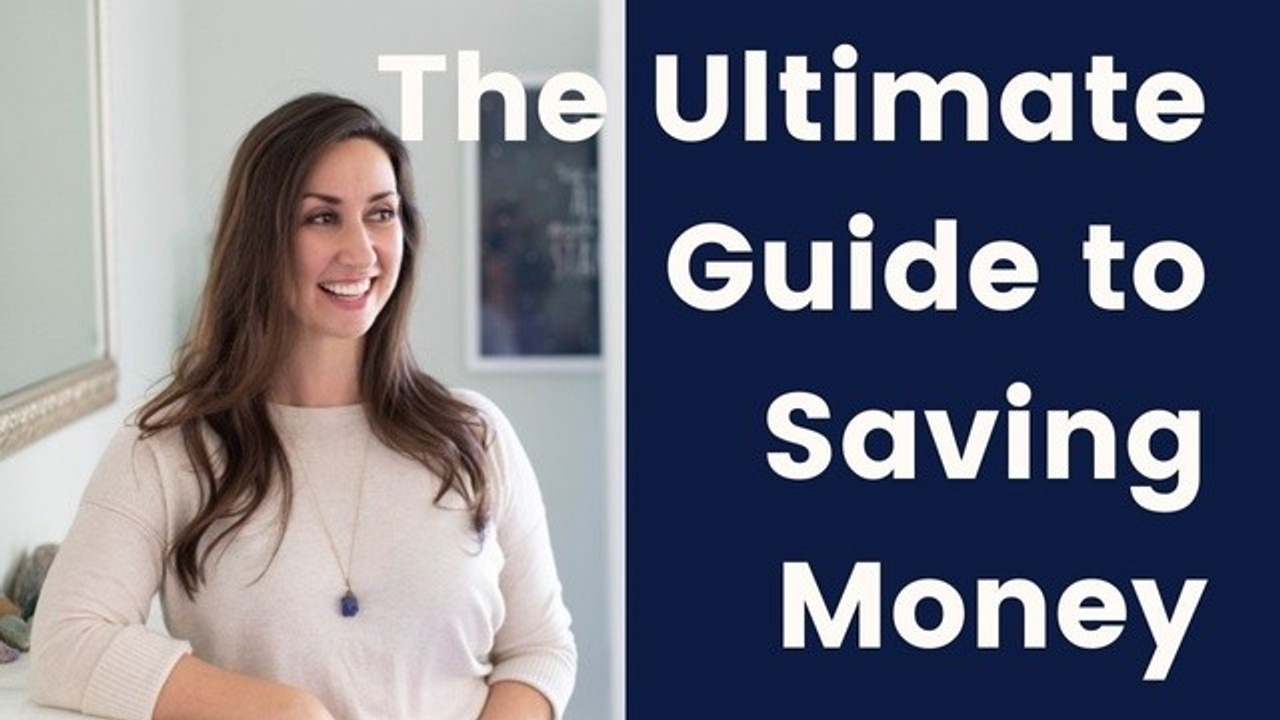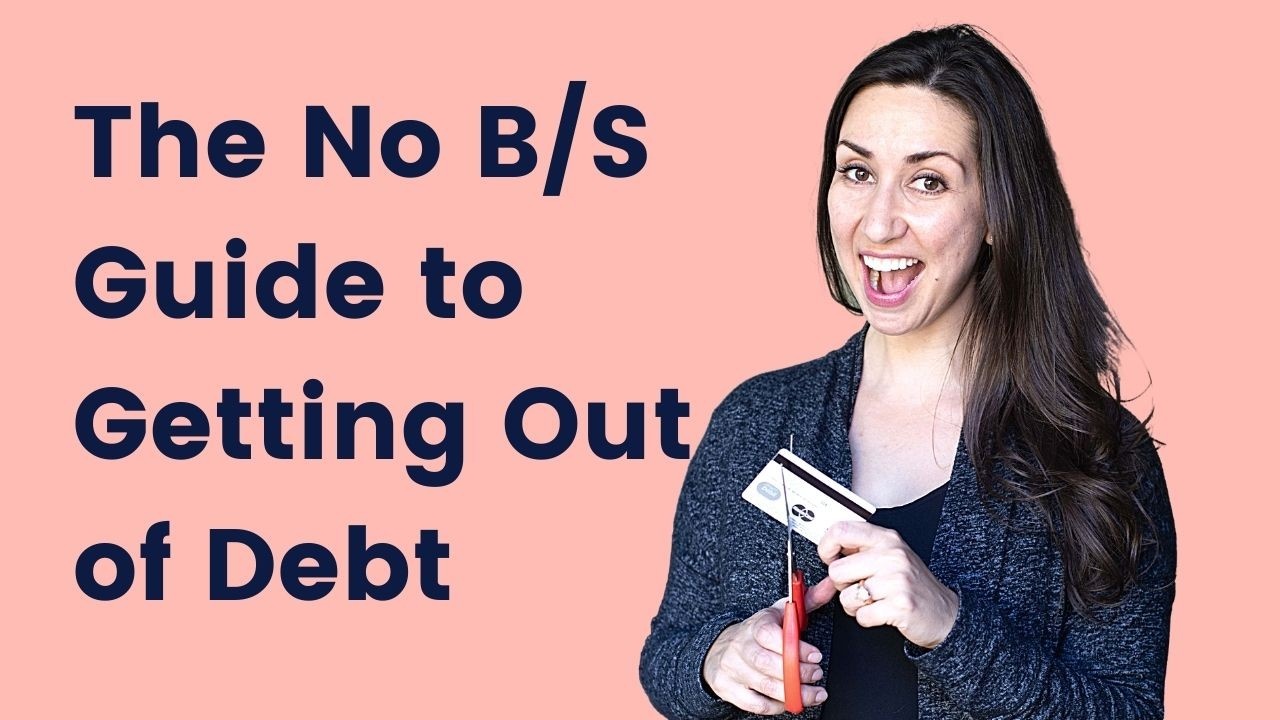
Three Steps to Landing Your Dream Job with Virginia Frazer
Sick of the grind? Boss from hell? Dead-end with no chance of a raise?
Most women who feel this way face three main choices: look for a new job, stay in their profession and switch industries, or launch a whole new career.
If that's you, why not go for your dream job?
I recently sat down and talked to veteran HR exec Virginia Frazer about how to ace the first 3 stages of landing your dream job.
Virginia has over 25 years’ experience as a global human resources executive. Her wealth of HR knowledge and insight comes a stellar career in high-growth tech companies, including Oracle. She has managed teams in the U.S., Europe, Asia, and Australia.
In this interview we break down the first three steps of landing your dream job:
- Application/resume
- Screening call with recruiter
- Interview with hiring manager

Here are some highlights of our conversation which has been edited for length and clarity.
STAGE 1: APPLYING FOR JOB
Start with an enticing resume! Virginia advises that you keep your resume simple but echo the language of the job description. If a skill or quality is mentioned more than once, it’s likely very important. Put your achievements front and center.
EK: Do you have any advice about how to make your resume stand out?
VF: Generally speaking, you need to keep the resume on two pages. Don't get overly creative on the resume unless the job you're applying for specifically asked for that. There are lots of templates on the internet. Stick to one that suits you and keep your summary specific. Be prepared to change it depending on the role that you're applying for.
EK: It’s important to tailor you resume to every position you apply to.
VF: Exactly. It's okay if your summary is three or four lines to catch the eyes of the recruiter. Typically, a recruiter will spend nano seconds. They really are helicoptering very, very quickly and they will focus on what they're looking for. They will pick out the key salient points, right from the get-go. So, when you're looking at your summary, look at the job posting. What is the company really searching for? They'll probably repeat certain words, certain skillsets. Make sure that those words are reflected in your summary and keep it two, three, three, four sentences maximum.
EK: It's almost like when you go to an ice cream shop and you get the sample. Just that little taste of who you are. It's gotta be a good flavor for you to pick it!
VF: Start off with your current or most recent position, including the URL for that company. Try to keep that to one line. Then list the position that you had, staying focused on the achievements that reflect the requirements of the role. It’s not a list of “I did this and then I did this” because you'll lose a recruiter very quickly. Make it very achievement-oriented.
For example, you could say you helped your team make a tight deadline by voluntarily working X additional hours over an eight-week period. Or, you like exceeded sales by X percentage earning you recognition as a top sales person twice that year. Another example could be you got promoted from X role to Y role as a result of a record of outstanding performance and management feedback.
EK: Do you have any thoughts on including hard skills versus soft skills? Do you think recruiters really pay attention to that in general?
VF: If you're going for more of a software engineer the recruiter is probably going to be looking at more experience, skill and knowledge criteria. If you're going more for marketing or human resources, they might be looking more at experience, about you as a person including your personal skillset. In these cases, they may be less focused on the data side. STAGE 2: SCREENING CALL WITH RECRUITER
STAGE 2: SCREENING CALL WITH RECRUITER
This is a screening, not an actual “job interview,” so maybe relax a bit?
The recruiter has to answer a yes or no question at the end of your screening call. At this stage, your goal is mainly not to screw up the interview!
EK: That screening could be 10 minutes or it could be an hour. What is that recruiter trying to find out and how can you help them find that out?
VF: Sometimes it's worth putting yourself in the shoes of the recruiter. They are trying to determine whether they're going to refer you to the next stage with the hiring manager, or maybe somebody within the team. And they're going to say pass or not pass. And they think they typically approach it saying, okay, I want to pass this candidate.
EK: They wouldn't get on the phone with you if they didn't want to help you pass through. In that sense, the goal is to not mess up that screening process versus thinking the interview is the last step. So, don’t let gaps in skills or experience prevent you from taking the call.
VF: If there's an area of experience that you don't have, they might say “I know I like what you've done so far, but I see a gap in your experience.” You say “Absolutely. I recognized that when I went through the job posting. However, here's what I'm going to be doing to overcome that gap. And I'm confident that I can do that through studying in my own time.”
EK: If anything, being candid will give you more credibility and trust if you're a fit in other areas.
VF: Ultimately, they want to see that you've got the right attitude, an appetite for learning and that you can fit into the company’s culture.
I've hired candidates who probably could have only 25 percent of what the job the hiring manager was originally looking for. But they've got a sort of raw talent that is unique to them. And then you’re absolutely confident as the recruiter that they're going to go on and be brilliant at their role.
EK: What will they be asking on the screening call?
VF: If you're astute enough, you can lead the recruiter into certain areas that you want to go into because it really brings out your experience. Some recruiters might start off with “just tell me a bit about yourself.”
Simple question, right. But it's a loaded question.
EK: Yes. How you choose to answer is massive!
VF: This question is golden for the candidate. It’s the best question you can start off with, but I've seen so many people stumble on it. If you get that golden question, be prepared to answer it. And there aren’t any rights or wrongs in it, because everybody is unique. Ask yourself "what relevant key points do I want the recruiter to know about when they then refer me on to the hiring manager?"
EK: When you're speaking to the recruiter, should you discuss compensation?
VF: There’s no definitive right or wrong. I think it's absolutely fine to ask for a range of where you think compensation might be appropriate to this role. But you should also be doing some research on where you think that role is in the market.
Do Google searches and get an idea of the range. They're not always adjusted geographically, but you can get a general idea. You can say" I've done some research and compensation range for this role seems to be X in this area, is this position in the ballpark?"
EK: That's a totally fair question. What about them asking you what compensation you're seeking? Is that a common question that a recruiter would ask? And should you answer it?
VF: I think it's fair to expect that. I think males, and I'm saying typically, are more open and assertive about what they're looking for. Then women tend to be less assertive about it. I'm generalizing here, but it's typically what you see, and you can overcome it by doing your research around what the compensation range is and prepare to be assertive.
Glassdoor is a great source that has information on a lot of companies. And they'll give you an idea of compensation range. You can also use it to get information about the company from people who interview with and go on to work for them. Sometimes you might look at the reviews in Glassdoor and think some of the feedback isn’t too savory. You might ask the recruiter or the hiring manager for some insight if something’s a little bit worrying.
STAGE 3: INTERVIEW WITH HIRING MANAGER
Know your stuff about the company, the hiring manager and the team. Most importantly, be prepared to articulate the specific value you bring to the company.
Turbo-charge your research to prep for your interview with the hiring manager. This is a two-way conversation. As such, if you don’t click with the manager or don’t like the vibe of the department, you can opt out.
VF: The hiring manager goes much deeper into the skills and knowledge and experience relevant to the role. They also go a lot deeper into the chemistry fit and the team fit. So, a manager may have 10 people in the team and he or she may have an open position for maybe one or two positions. They might be looking for certain chemistry within that team, within the team dynamics. You get some hiring managers who are really good at interviewing and some are not very good at all.
EK: What are some things you be looking out for when interviewing with the hiring manager?
VF: It’s easy to assume that a hiring manager is knowledgeable and capable, but there’s maybe a point where you decide that this isn't going to work for you. Likewise, the dynamic can also be that you have a great chemistry and it's going to be a fit in the role. And that's when you start getting a little bit excited. It’s a little like…
EK: Dating! It's like you get the warm and fuzzies inside!
VF: It used to be more of a one-way, but it's much more now about a dialogue. Another thing that you need to think about is keeping it on track, being specific and using the data and facts to illustrate your strengths. You've got to keep data, give some specifics, do some homework. Ask yourself things like, "what did I do 10 years ago?" Because sometimes when you walk away from one job, you just like put it in a box. You’ve got to go into refresh mode.
EK: Switching gears a little bit, what do you think women can do for themselves to combat pay inequity, or to advocate for themselves in their compensation?
VF: Try to have a regular conversation with your manager every three or four months. It can be just 30 minutes. Put it on their calendar. Don't wait for that big annual performance review. Companies are moving away from that, but some are still set in their ways and still do it that way. But I say, just check in.
You can say you've noticed your pay is about 10 percent below average. Arrive at this figure by, doing your own research and talking to some colleagues. Start the conversation early. Don't sit on it and get angry and emotional about it, because it really needs to be done from a point of being informed about where you're at.
EK: I've worked with women through salary negotiation consultations. And sometimes they conclude that their company is not going to increase their pay nor compensate for their skill levels. At that point they have the data needed to decide whether to stay or go. Just having that information is empowering in itself!
VF: You might realize they are still not compensating you fairly. That's a time for you to say, "I'm going to start the process of going out and finding another role" and hey, we're back to landing your dream job!
GO FOR IT!
The journey to nailing your dream job begins with these first three steps. Master them and you’ll gain confidence that'll help you stand out. Your killer resume, a dynamic screening call and a focused interview with the hiring manager will bust you through the finish line. Good luck and see you on the other side!
To learn more about Virginia Frazer, click here.
Did you like this article? Get the latest personal finance articles from Vibrant Money by subscribing to our weekly newsletter!
Enter your email address below to sign-up.
We will never sell your information, for any reason.








